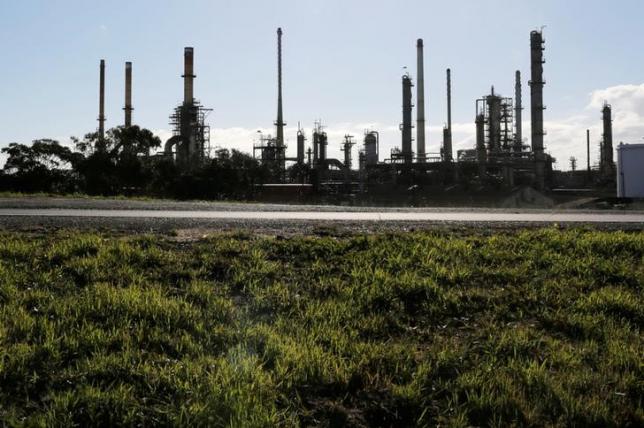Production at South Africa’s oil refineries has been uninterrupted despite the ongoing strike by workers. Although the strike is indefinite and the union leaders consider expanding it further, the petroleum associations encouraged motorists not to panic. Approximately 15,000 members affiliated to Chemical, Energy, Paper, Printing, Wood and Allied Workers union (CEPPWAWU) went on strike on Thursday (28 July), demanding a 9 percent increase in wages and a one-year deal. On Friday (29 July), the workers were joined by another 8,000 CEPPWAWU workers who started a similar strike in the country’s pharmaceutical sector.
South African Petroleum Industry Association confirmed that refineries continued to produce, although some parts of Gauteng province, South Africa’s commercial hub, had faced some delays in deliveries and certain types of fuel had not been available due to these problems. However, poorer areas were being affected by these delays and even experienced violence against the drivers. “Oil companies don’t want to go deliver there and are using safety as an excuse. It’s not because there is no product,” Reggie Sibiya, Chief Executive Officer at the Fuel Retailers Association commented.
South Africa, the continent’s most advanced and industrialized country, is a net importer of refined crude products as it does not have any significant proven oil and gas reserves. Moreover, the relative under-usage of oil and gas is a result of abundant coal resources. However, South Africa has been trying to diversify its energy mix due to declining coal resources and the relatively high cost of coal-produced electricity. The government previously said that the current fuel shortages could cost the economy around 1 billion rand ($72 million) a day. In 2011, when the country experienced a three-week strike, petrol pumps ran dry as the panicked drivers tried to fill up their car tanks.




